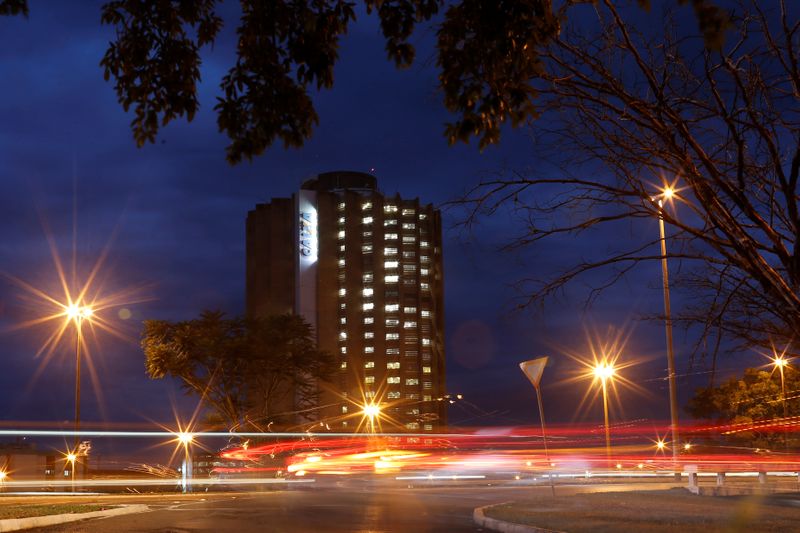BRASILIA (Reuters) – Loan defaults in Brazil rose in April for a fourth month in a row, official figures showed on Thursday, something not seen since the 2015-16 recession and a sign of what could lie in store as the economy heads for another steep downturn this year.
The rise in the 90-day default ratio to 4% from 3.8% the month before marked the highest level since July last year, according to central bank figures, as the coronavirus crisis tightened its grip on Latin America’s largest economy.
It has risen every month this year since hitting 3.7% in December, the lowest since the central bank’s data series began in 2011.
An even more forensic look at the figures show that the actual 3.99% default ratio in April was the highest since October 2018, when it was 4.08%.
Fernando Rocha, head of statistics at the central bank, said the rise in defaults is correlated with the economic cycle. He declined to give figures but said defaults for individuals will likely continue to rise in the coming months, pointing out that companies have better credit guarantee protections.
The government has created a Treasury program guaranteeing billions of reais of credit to micro and small companies, known as ‘Pronampe’, but the initiative is having teething troubles and has still to properly take effect.
Productivity and Competition Secretary Carlos da Costa said this week that credit will be made available “soon”.
The central bank figures on Thursday also showed that lending spreads shrank to 26.2 percentage points in April from 27.6 percentage points the month before, the narrowest spread since December 2014.
The amount of outstanding loans in Brazil held steady at 3.59 trillion reais ($670 billion) in April, the central bank said.
(Reporting by Jamie McGeever, Marcela Ayres and Isabel Versiani; Editing by Gareth Jones and David Gregorio)



















